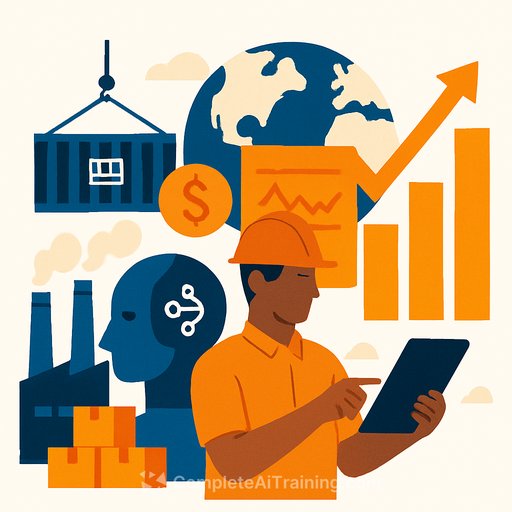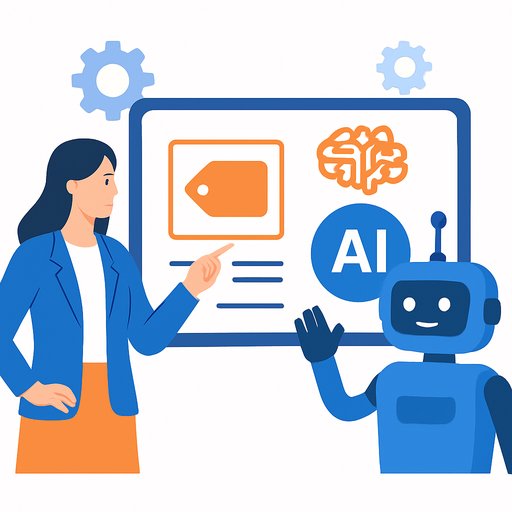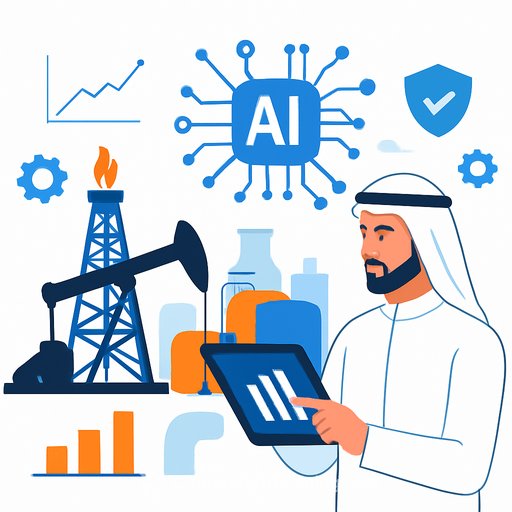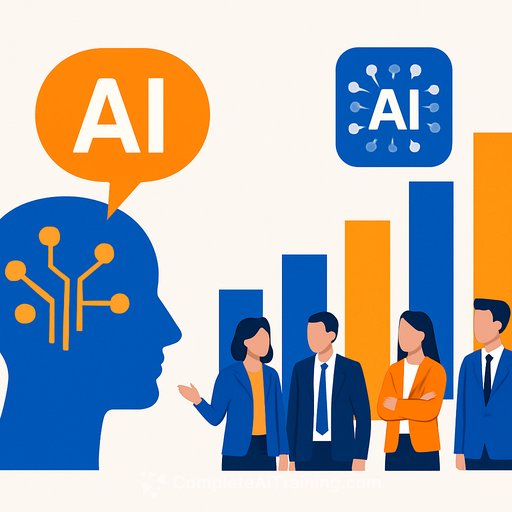Manufacturers Use AI to Manage Supply Chains Amid Tariff Volatility
Manufacturers are increasingly turning to artificial intelligence (AI) to handle supply chain challenges brought on by fluctuating tariffs and trade restrictions. Spending on generative AI for supply chains is expected to surge to $55 billion (R965 billion) by 2029, up from $2.7 billion today, according to Gartner. AI supports inventory management but experts caution it isn’t a complete solution.
Keeping Inventories Lean Despite Uncertainty
US lawnmower maker The Toro Company exemplifies how manufacturers are managing supply chain pressures. Despite the looming threat of global trade tariffs and years of disruptions—from the pandemic to trade conflicts—Toro maintains inventory levels similar to those before the pandemic. Kevin Carpenter, Toro’s chief supply-chain manager, confirms they operate at roughly 2019 inventory levels, avoiding the temptation to stockpile.
After a rollercoaster year of fluctuating inventories driven by tariff deadline changes, many US manufacturers have shifted back to “just in time” inventory management. This strategy reduces waste and improves efficiency by ordering goods only as needed. But with tariffs and export bans creating unpredictability, AI plays a growing role in helping manufacturers respond fast and smart.
How AI Supports Supply Chain Decisions
Carpenter’s team uses AI tools to process daily news that could impact operations—everything from social media posts by political leaders to raw material price changes. They generate custom podcasts summarizing this information and employ generative AI to analyze vast data sets, helping decide when and how much inventory to purchase and from which suppliers.
According to McKinsey consultant Matt Jochim, AI tools can suggest specific actions, such as transferring a set amount of product between plants, leaving decision-makers to simply approve recommendations. Major supply chain software providers include SAP, Oracle, Coupa, Microsoft, and Blue Yonder. Although generative AI solutions are still in early stages, pilot projects are expanding, sometimes requiring significant investment in data management and IT upgrades.
Balancing AI Potential and Realistic Expectations
While AI can analyze real-time tariff news, contract dates, and other data to recommend plans, experts warn against overestimating its capabilities. Minna Aila from Finnish crane-maker Konecranes notes that AI is a strong enabler for supply chain resilience but not a silver bullet. For example, predicting unpredictable events like terrorist attacks at sea remains beyond AI’s current reach.
In practical terms, Konecranes uses AI for optimizing logistics by combining weather forecasts with constraints like bridge heights to plan safe routes for shipping massive port cranes. This shows AI’s value in handling routine but critical data-driven tasks.
Cost Control Through Lean Inventories
Maintaining low inventory levels helps protect profit margins squeezed by rising costs. Holding excess inventory ties up capital and incurs storage and financing expenses, plus the risk of obsolescence. McKinsey’s recent surveys show a clear shift away from inventory cushioning: the share of executives relying on bigger stockpiles dropped from 60% in 2022 to 34% last year.
Gartner analyst Noha Tohamy emphasizes that without AI, companies would react more slowly and be more prone to build up inventories as a buffer. AI improves visibility and helps supply chain teams understand uncertainty better, reducing the need for costly stockpiling.
AI Agents and the Future of Supply Chain Management
AI agents currently handle routine tasks such as ordering and scheduling production maintenance, but humans remain essential for strategic and complex decisions. Carpenter notes that AI also helps keep team sizes manageable. Asked if he worries about AI replacing his job, he responds with a touch of humor: “I hope it doesn't take it until my kids get through college!”
For managers looking to deepen their understanding of AI applications in supply chains, exploring specialized AI training can be valuable. Resources like Complete AI Training's latest courses offer practical insights into AI’s role in business operations.
Your membership also unlocks:






